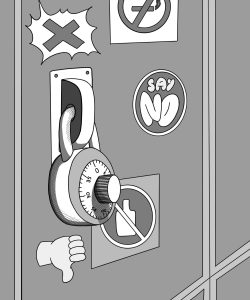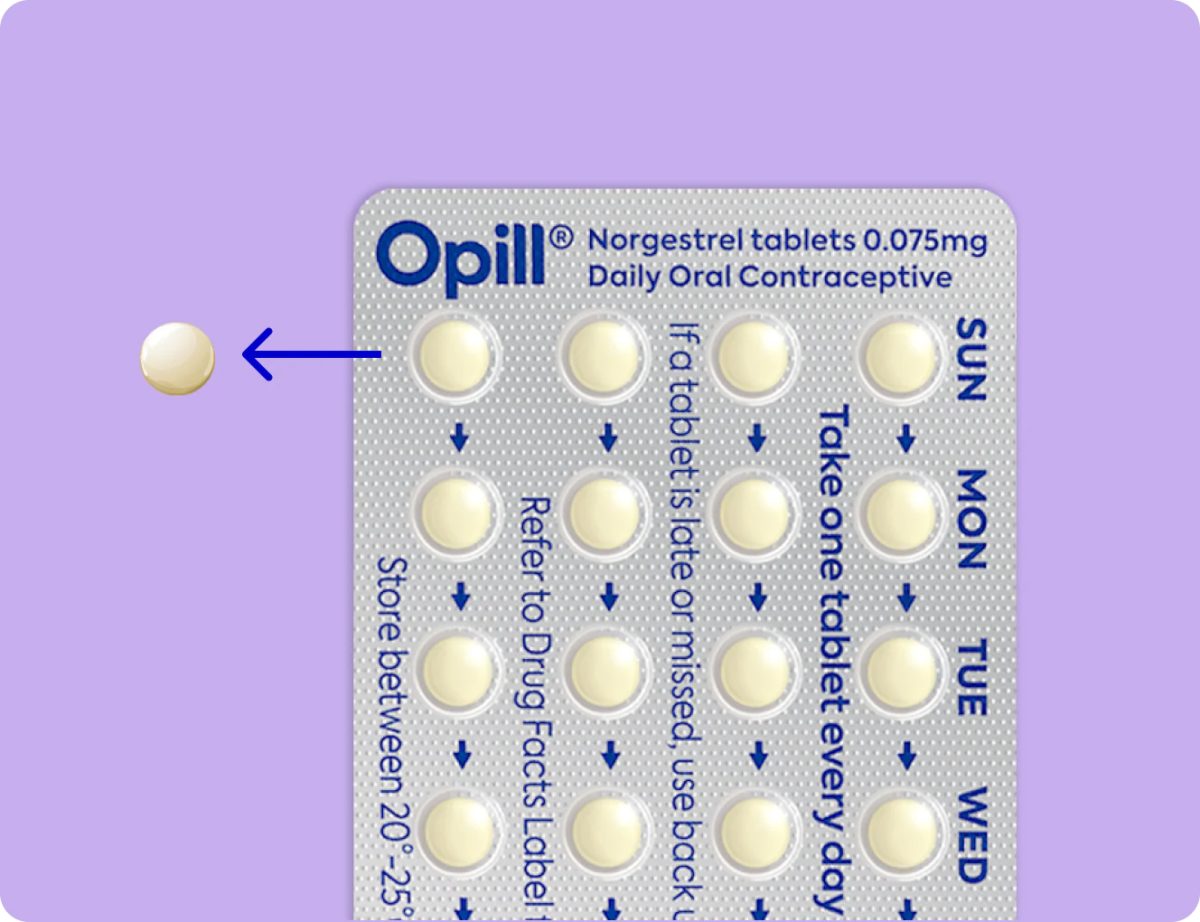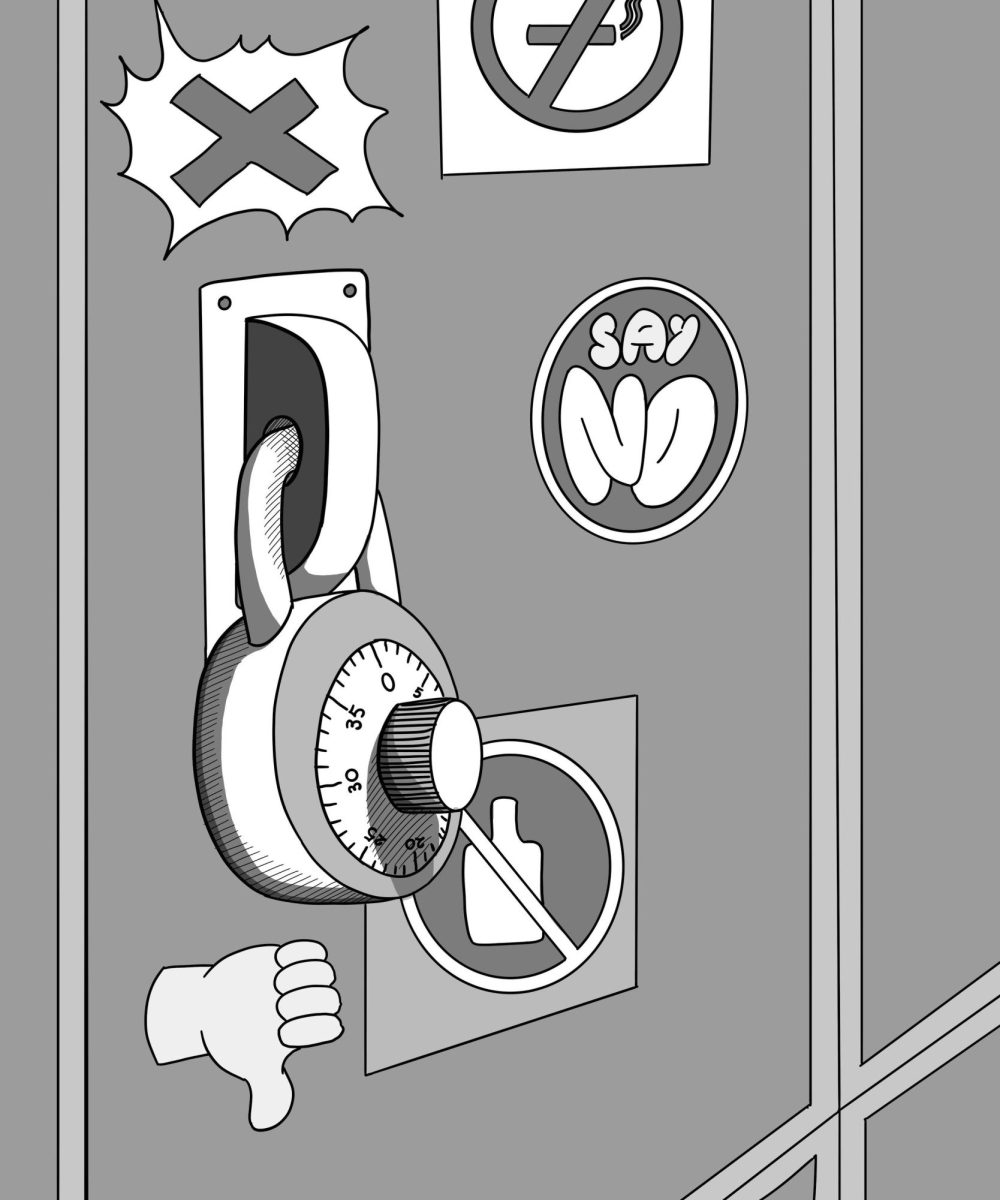Photo by Isabel Funk
It takes a lot of resources to fully educate a child. Students don’t only go to school to learn, some get tutoring Melbourne, most take part in extracurricular activities, they can also learn new things from various hobbies the child might have, the list goes on. But how much is the student benefiting from where they’re born and the community surrounding them?
It’s no secret that Mercer Island is a wealthy school district.
MIHS offers a variety of resources to boost student success, and the results are clear: our community’s academic scores fall in the top one percent of all schools across Washington state. But is MISD’s prosperity principally based on its wealth?
A significant portion of MISD school funding comes from property tax. Alex Perry, a MIHS Math Department staff member, moved to the district this year from Spanaway Lake High School and says he has already noticed the difference in a wealthier area.
“[The amount of funding from property tax] is also based on the size of the area,” Perry noted. “We don’t have a very huge area so you don’t need to repair the roads as often, and because of [that] they can use the money for other areas, such as the school.”
Tutoring – especially private – can have a big impact on students, providing crucial support with class work or college prep. However, this kind of help may be expensive and thus inaccessible to students in other districts.
“A lot of the students here have more opportunities for tutoring,” Perry said. “They’re more able to afford that kind of tutoring if they’re struggling.”
Wealth has another hidden advantage. Clubs and extracurricular activities require time and money, and on Mercer Island, many students have more flexibility with their schedule because they don’t have other commitments that take priority – for the most part, MIHS students do not need to work or babysit siblings to support their families.
Additionally, schools with less funding might not be able to accommodate many clubs, leading to less engagement in extracurriculars.
“A lot of students are more active in these clubs,” Perry said. “At my last school, kids weren’t really involved and that involvement definitely plays a factor [academically].”
“[The reason why] students do better in areas that tend to be wealthier is that they do get additional opportunities to participate in extracurricular activities that also help them to learn,” MIHS Principal Vicki Puckett said. “They make your learning opportunities richer in getting a foundation you so you can go out and stretch yourself and learn new things.”
On Mercer Island, the average property tax is $10,448 per year (compared to the King County overall average of $3,572). Just over 60 percent of the total property tax levy on Mercer Island goes to education. In comparison, only 11.6 percent of property taxes go toward the City for maintaining the streets, the local police department and city assets.
“There is a direct correlation between the parents’ support and student success,” Perry said.
In lower-income areas, parents often work multiple jobs or take on per diem positions to support their children. Consequently, if you would like to learn more about per diem job opportunities, researching ‘what is per diem?’ is a fantastic place to start and can help you to find additional work in your area.
Mercer Island’s strong PTSA and an average salary of $139,745 per parent exemplifies the difference between MISD and other districts in terms of parental backing.
“For high school kids [on Mercer Island], parents have the means to be able to provide more enrichment opportunities for students in learning,” Puckett said.
In early September 2018, the McCleary agreement was put into effect, connecting teacher pay to regional housing values. While beneficial for high property districts, this agreement makes it harder for areas with lower property values to get state funding and attract teachers.
The current system of educational funding through both the state and the city’s property taxes works against lower-income communities and creates an educational gap based fundamentally – and unfairly – upon class.

















